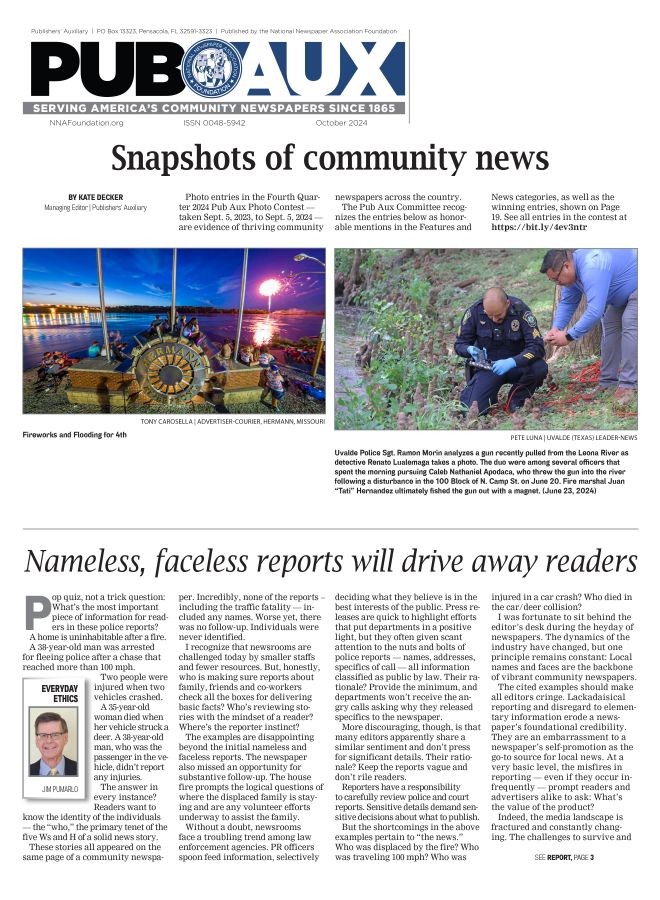In presidential race, the religious test that wasn’t
Aug 9, 2012
FOR IMMEDIATE RELEASE – PUBLISHABLE ANYTIME – AUG. 9-16, 2012
Inside the First Amendment
By Charles C. Haynes
First Amendment Center
Remember all the media chatter during the primaries about how the “Mormon factor” could undermine Mitt Romney’s candidacy?
Forget about it.
American voters, it turns out, are mostly unconcerned about Romney’s religious affiliation or have no idea what it is.
Only 60% of voters are aware that Romney is a Mormon, 9% percent think he is something else and 32% can’t identify his faith, according to a survey by the Pew Research Center released July 26.
Of the people who correctly identify Romney as a Mormon, 60% say they are comfortable with his practicing that faith and another 21% say it doesn’t matter. Only 19% claim to be “uncomfortable” with the Mormon connection.
But according to the Pew study, even white evangelicals who say they are uncomfortable with Romney’s faith plan to vote for him anyway – although their level of enthusiasm is weaker than those who have no problem with the Mormon affiliation.
The Pew results suggest that despite predictions to the contrary, religious affiliation may not be much of a factor in the 2012 presidential race. This finding tracks with the First Amendment Center’s survey showing that only 17% of Americans say a candidate’s religious affiliation will be “very important” in determining their vote in November.
According to the center’s State of the First Amendment survey, also released last month, 58% of respondents describe religious affiliation as either “not too important” or “not at all important,” with another 23% responding “somewhat important.”
Among voters who do focus on religious affiliation, Obama may have more of a religion problem than Romney.
In the Pew poll, only 49% of respondents correctly identify the president as a Christian. An astounding 17% still believe he is a Muslim, including 34% of conservative Republicans. Another 3% say “other” and 31% “don’t know.” This despite repeated assertions and symbolic gestures from the White House underscoring Obama’s Christian faith.
Not surprisingly, perhaps, of the 17% who wrongly identify Obama as a Muslim, 65% are uncomfortable with it. But since most of the discomforted aren’t likely to vote for Obama anyway, this finding may have little effect on the election.
What I find most disturbing about the Pew survey is how uninformed many American voters are about the two men running for president. Is it really possible that 40% of voters don’t know Mitt Romney’s religious affiliation? And how can 17% of voters continue to believe the canard that Barack Obama is a Muslim?
It can’t be healthy for the democratic process when so many people aren’t paying attention (or, in the case of Obama’s religion, paying attention to false propaganda).
But let’s not lose sight of what may be the silver lining: Informed or uninformed, a strong majority of Americans appears to reject making religious affiliation a threshold requirement for office.
Could it be that the United States is moving closer to the day when any qualified candidate can be elected regardless of religious affiliation or lack thereof?
One can only hope.
Charles C. Haynes is director of the Religious Freedom Education Project at the Newseum, 555 Pennsylvania Ave., N.W., Washington, D.C., 20001. Web: firstamendmentcenter.org. E-mail: chaynes@freedomforum.org.







